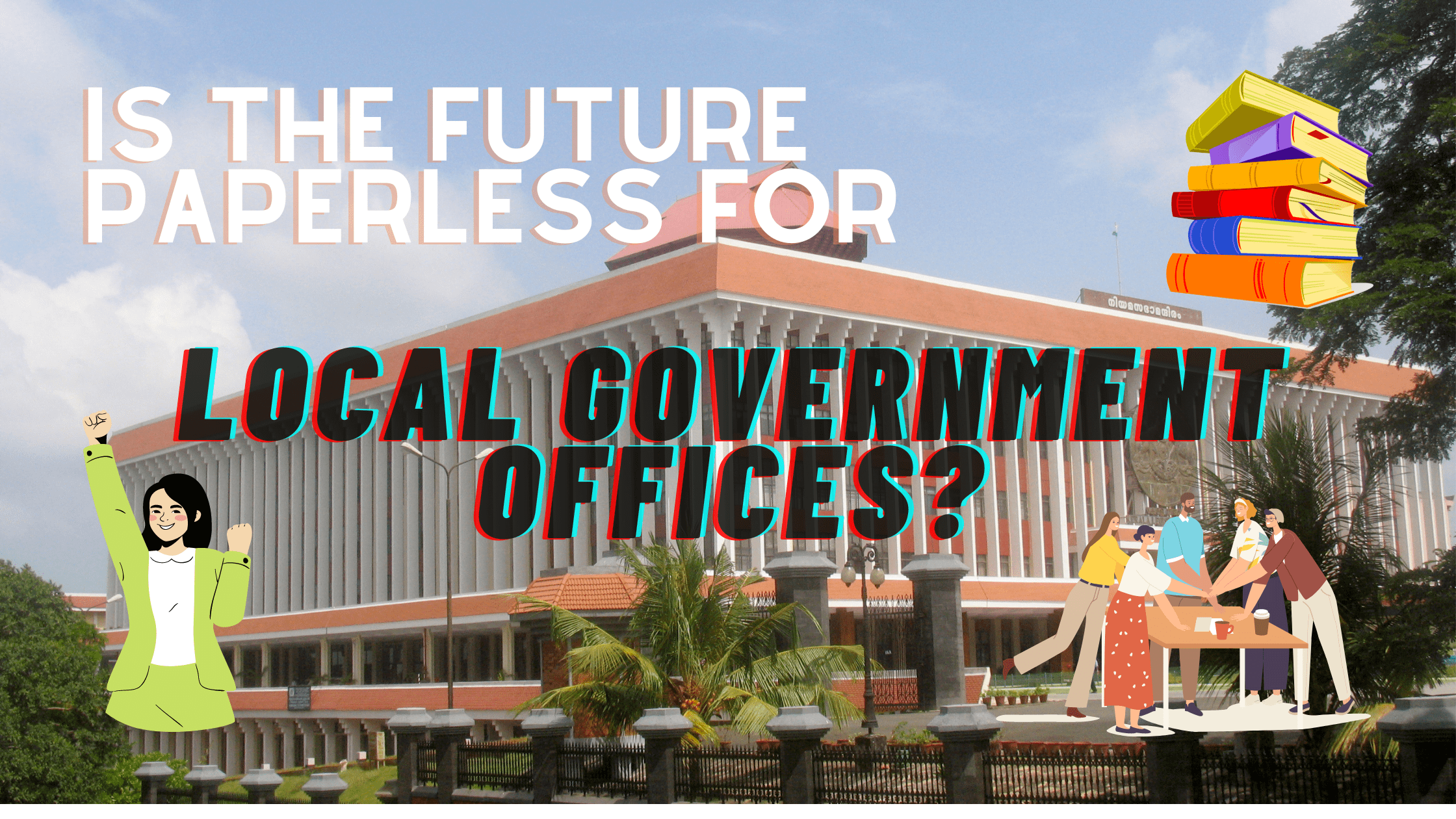With many private companies going paperless now, a significant question is whether the same can be applied to government offices. Can local government offices adopt the paperless path? The answer to this question is a tough decision to make, but government offices can indeed work upon it because, in the end, the government is for its people, and saving the environment is the best choice to make right now.
Running a government office is not as easy as it seems to be. It involves a hefty amount of paperwork, processing and documentation, and other concerns that need to be addressed by the employees as they can directly impact people’s lives. With so much vital work to do, it becomes crucial to bring out new methods to work that can improve the overall functioning, effectiveness, and quality of service and lessen the time and error ratio.
With that being said, one productive way out is switching over to the paperless way. Going paperless broadly refers to adopting digital storage and giving up the use of paper in the office. When it comes to government offices that compulsorily require an essay, if not paperless, at least the “paper-light” solution can be chosen, i.e., reducing paper use to the maximum possible extent.
Here are a few benefits that are going paperless can offer to a government office:
- Save on government resources
Government offices consume papers in huge numbers, and if the paperless way is adopted, the government can save on a lot of resources that otherwise cost a lot of money, time, and effort. The same resources, if held here, can be used for other plans and strategies that can be taken to help benefit the people.
- Preserve important documents
With so many important hard copied documents to store and maintain, their management, access, and preservation become a task! So many documents get collected which cannot even be thrown away because of their importance, but at the same time, they are also occupying a lot of space and getting damaged over time. The best solution to this problem is to store them digitally. This will help you preserve documents for a longer duration and make access easy and secure your data.
- Making copies now made easy
Using printers to generate multiple hard copies of a document can also be very lengthy, time-consuming, and challenging to operate and maintain. But when the same is carried out digitally, copying a document hardly takes a minute, and all you have to do is enter the number of copies you wish to generate. Signing the compositions is also much more manageable when done digitally than signing each document one after the other.
- Makes processes faster
One major issue people usually encounter with government offices is their slow documentation and permission granting process. With many tasks lined up in the government offices, preparing the documents by stamping and signing can be time-consuming and difficult. This is where digital processing can effectively help. The process becomes way more manageable when done digitally, and the documents can be directly sent to the intended person digitally. Thus, paperless also makes the certification and permission granting process faster and better.
Reading about the significant benefits of going paperless in the government sector, it is essential to realize that doing every bit to contribute to saving the environment can help. And when it comes to big institutions like the government, change even at a local (level) government office can be very beneficial. The government has adopted sustainable ways of functioning in their systems, like the Indian railway adopting the paperless route. But now, the local government offices must take the call.
Now that both private and non-private institutions are going paperless, the future is undoubtedly paperless for local government offices when we look at the broader spectrum. If not, they should adopt ways to think about it and make it happen.


0 responses to “Is the future paperless for local government offices?”